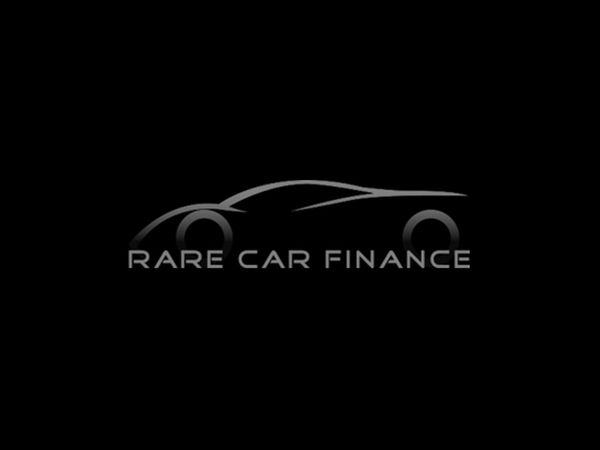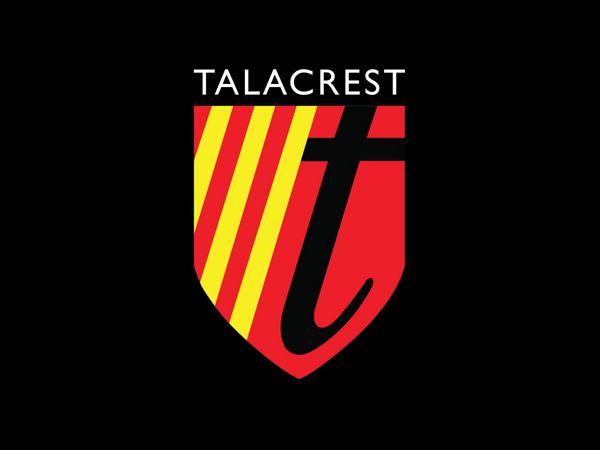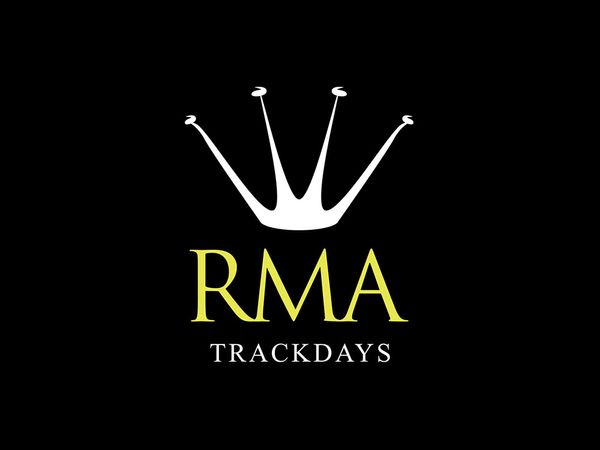London’s ULEZ now covers all areas within the North and South Circular road networks
Non-exempt vehicles are subject to a daily charge of £12.50, on top of the £17.50 required for the Congestion Charge
Vehicles more than 40 years old, or post Euro 4 (petrol) and Euro 6 (diesel) are exempt from ULEZ charges
Selected cars include the BMW M3, Audi TT and Mazda RX8
London’s ultra-low emission zone, or ULEZ, has expanded to include all areas within the city’s North and South Circular roads. Any car not exempt from the regulations driving inside the zone will be subject to a £12.50 daily charge to combat its effect on air quality, in addition to the Congestion Charge of £17.50 a day. The surprise, however, is that a wide range of interesting cars are available that qualify for exemption status.
Exemptions include any vehicle more than 40 years old or any modern vehicle with official emissions below a certain level – for petrol-powered cars, that’s anything post-Euro 4, and for diesels, it’s post-Euro 6. Euro 4 became a legal requirement in 2005, which means that a large number of modern classics actually remain ULEZ exempt.
A word of warning, drivers should use Transport for London (TfL)’s registration plate checker to ensure a chosen car is exempt from ULEZ, but here are nine intriguing modern classics, from bona-fide city cars to luxury GTs, that sidestep the ULEZ charge… for now.
Audi TT Mk1 (2004-on)
You’ll get a sharper drive from some of the original Audi TT’s rivals, but you’ll struggle to find anything quite as sculptural. An instant icon at launch and now a true modern classic, the TT looks as natural on a twisty mountain road as it does parked outside a trendy pavement café.
However, do check the government website. The data we’ve found lists many first-generation TTs as being Euro 3 with only late 190PS cars and V6s as Euro 4, but cars as early as 2001 are coming up exempt on TfL’s checker. To be safe, buy as late a car as you can find.
Bentley Continental GT (all)
This twin-turbocharged, 6-litre W12-engined grand tourer that is no more accountable to ULEZ charges than a brand-new Volkswagen ID3 electric car from elsewhere within the sprawling Volkswagen Group. They’re rather fabulous to drive, too. Admittedly it’s something of a squeeze on the streets and in the parking bays of our capital, thanks to considerable girth (more than 1.9 metres), but plenty of people living within the ULEZ boundaries wish to head out of them occasionally.
BMW M3 (E46)
The E46-generation BMW M3 – probably the best M3 of all – meets Euro 4 emissions standards and is therefore ULEZ exempt. It’s hugely impressive that BMW managed to construct a 3.2-litre inline six, breathing through six throttle bodies, and still produce lower emissions than family hatchbacks from a few years prior. Just don’t dwell too long on its 323g/km CO2 figure…
Ford Focus Mk1 (2002-on)
One of last year’s Hagerty Bull Market stars, the Mk1 Ford Focus is quickly becoming appreciated as a modern classic, and it’s among the most affordable vehicles on the roads – at least until they’re so rare that demand for tidy examples exceeds supply. It’s also, provided you pick the right model, ULEZ exempt. Some consumer websites listing Mk1 Focuses as Euro 3, but after running a few numberplates, most post-2002 petrol models seem to slip through unscathed. We advise any buyer runs the ‘plate through TfL’s checker before buying.
Jaguar XJ (X350)
The X350-generation Jaguar XJ was sold through the crossover between Euro 3 and Euro 4 emissions standards. As such, some websites list certain X350s as Euro 3, but we’ve checked a few cars currently on sale on the TfL site, and discovered they show as being exempt. Why an X350? It’s the last traditionally styled XJ and is light for its size, thanks to an aluminium structure. XJs ride and handle beautifully and performance is good too – just avoid the diesel, which despite its frugality, falls foul of the ULEZ regulations.
Mazda RX-8 (all)
It’s true: the Mazda RX-8 is resolutely a Euro 4-compatible vehicle, and thus escapes the additional ULEZ fee that a sensible Euro 3 supermini capable of twice the fuel economy does not. In the RX-8’s defence, it’s a surprisingly smooth and easy car to drive around town, and with four proper seats, practical too, and it’s better still on the open road so at least getting there from the centre of London (and other upcoming ULEZ environments) won’t add another £12.50 a day to your bills for fuel and oil.
Mini One/Cooper/S (all, in theory…)
Other than when they were brand new and deeply fashionable, there’ll never be a better time to pick up an R50 Mini One, Cooper, or Cooper S. Not only is the Mini’s handling just as entertaining as it was 20 years ago at launch, but pricing is currently incredibly affordable too – and to top it all, it’s Euro 4 compatible. You’ll want to avoid the diesel-powered One D, frugal though it might be, as ULEZ requires Euro 6-compatible emissions for diesels. With excellent visibility and nimble handling, the first BMW Minis are as fun in the city as they are out of it.
Smart City Coupé/Fortwo (apart from 0.6-litre cars)
As you might expect, low emissions and low fuel consumption were a high priority when Daimler and partner Swatch were designing the original Smart. The tiny two-seater has other benefits too, such as being about the easiest vehicle in the world to park, so it’s a natural within ultra-low emissions zones. If you want to avoid the daily charge though, steer clear of the very early 0.6-litre cars when the smallest Smart was still badged City Coupé. These are Euro 3, so fall foul of the ULEZ fee. 0.7-litre models, so later City Coupé/Convertibles, plus Fortwo-badged cars (and Smart Roadsters for that matter) are all Euro 4.
Suzuki Jimny (VVT, 2005-on)
Here’s a 4×4 that’s a doddle to drive in a city, and just as capable when you feel the need to get as far from a city as possible. Not only will the Suzuki Jimny get further into the wilderness than larger, more expensive 4x4s, it’s also better sized for tight parking, narrow streets, and width restrictors. Buyers need to keep an eye out for Jimnys with variable valve timing, introduced in 2005. Prior to this, the model was only Euro 3, but took the step up to Euro 4 with the VVT engine.
























